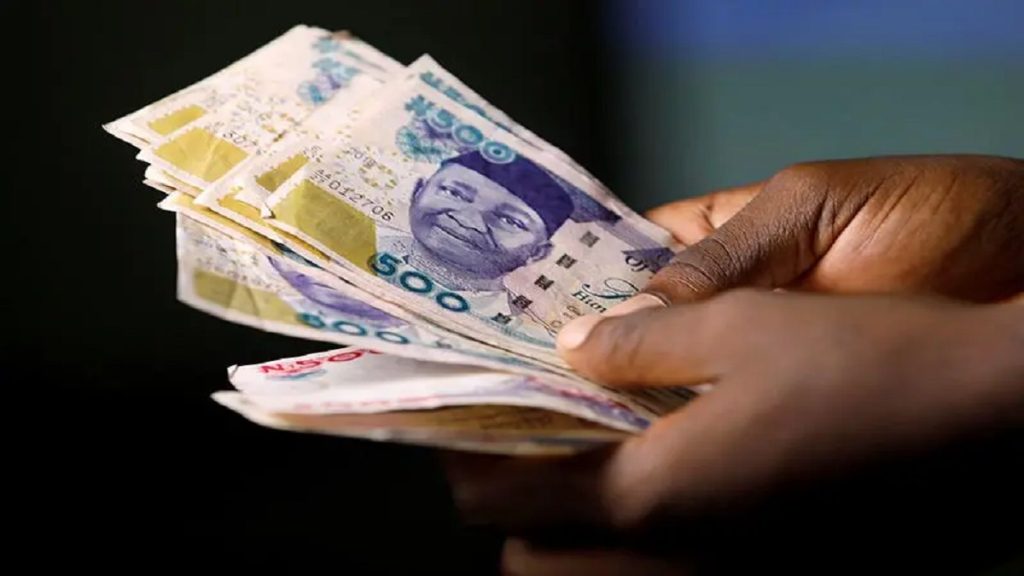The Nigerian naira has reversed its recent gains, depreciating against the US dollar at the official foreign exchange market. According to data from the Central Bank of Nigeria, the naira fell to 1,456.73 per dollar on Friday, down from 1,452.13 on Thursday. This represents a decline of 4.6 naira against the dollar on a day-to-day basis.
On the black market, the naira was sold at 1,465 per dollar, according to Abubakar Alhasan, a Bureau de Change operator in Abuja. The currency’s performance for the week was largely bearish, with more losses than gains. Although the naira gained 14.3 naira against the dollar on the official market on a week-on-week basis, it remained flat on the black market.
Despite the naira’s struggles, Nigeria’s foreign reserves have continued to rise, reaching $44.19 billion as of November 20, 2025. The country’s currency has been subject to volatility in recent times, with fluctuations in the foreign exchange market affecting its value. The Central Bank of Nigeria has been working to stabilize the currency and maintain economic stability.
The depreciation of the naira against the US dollar may have significant implications for Nigeria’s economy, including higher import costs and increased inflation. The country’s reliance on imports, particularly for essential goods, makes it vulnerable to exchange rate fluctuations. As the naira continues to fluctuate, businesses and individuals may need to adjust their plans and budgets accordingly.
The Nigerian government has been implementing policies aimed at strengthening the economy and reducing dependence on foreign currencies. However, the challenges facing the naira highlight the need for continued efforts to stabilize the currency and promote economic growth. As the country navigates the complexities of the foreign exchange market, it remains to be seen how the naira will perform in the coming days and weeks.
